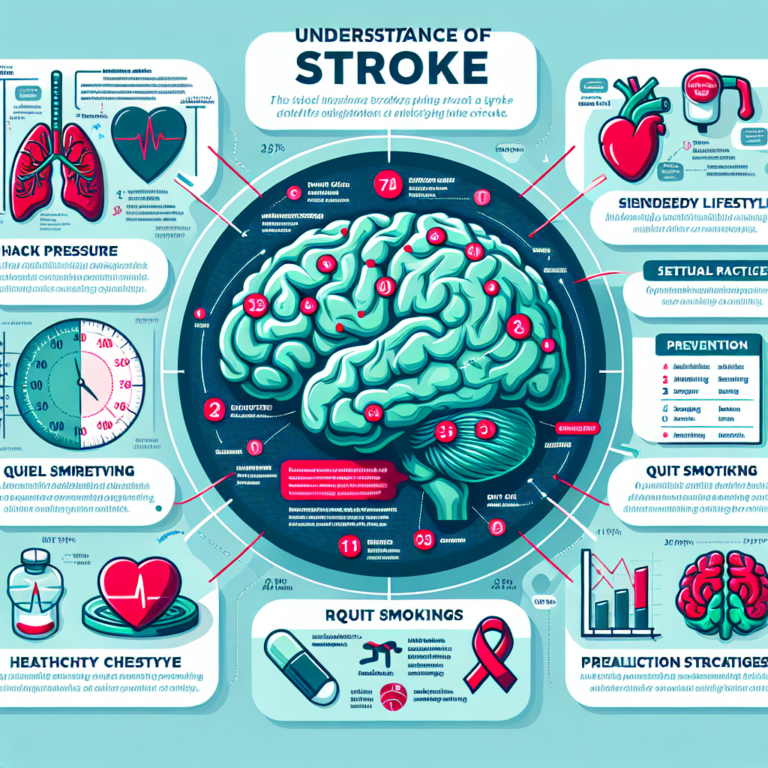
Introduction
Imagine a world where the cloud of forgetfulness is lifted, where cognitive decline does not dictate the quality of life. This world is not a distant dream—it is a reality that cognitive rehabilitation can help create. Cognitive rehabilitation is a transformative approach aimed at enhancing cognitive functioning, going far beyond mere memory improvement. The impact of cognitive rehabilitation is profound and all-encompassing, addressing complexities like attention, problem-solving, and day-to-day functioning. In this article, titled "Beyond Memory: The Essential Benefits of Cognitive Rehabilitation," we delve into its comprehensive advantages, underscored by real-life success stories and a wealth of research, designed to inspire hope and ignite action.
Understanding Cognitive Rehabilitation
To appreciate the phrase "Beyond Memory: The Comprehensive Benefits of Cognitive Rehabilitation," it’s crucial to grasp what cognitive rehabilitation entails. Cognitive rehabilitation refers to therapeutic methods focusing on restoring, improving, or compensating for cognitive functions that have been impaired due to neurological conditions, age-related changes, or brain injuries. It encompasses a broad spectrum of cognitive skills, including attention, memory, executive function, and visual-spatial skills.
The Scope of Cognitive Rehabilitation
- Memory Training: Techniques that focus mainly on improving memory recall.
- Attention and Concentration Exercises: Activities designed to enhance focus and reduce distractions.
- Problem-Solving Strategies: Approaches to improve critical thinking and decision-making capabilities.
- Daily Living Skills Training: Teaching methods for enhanced functioning in daily tasks.
The Types of Cognitive Rehabilitation
Cognitive rehabilitation can generally be categorized into two types:
- Restorative Rehabilitation: Focused on restoring lost functions to their original state.
- Compensatory Rehabilitation: Aimed at teaching strategies to cope with limitations and improve quality of life.
Comprehensive Benefits of Cognitive Rehabilitation
1. Enhanced Daily Functioning
A.
Cognitive rehabilitation is not merely an exercise in memory. It equips individuals with the skills to navigate life more effectively. By engaging in activities designed to improve cognitive functions, individuals report enhanced daily routines and increased ability to perform everyday tasks—ranging from managing finances to keeping appointments.
Case Study:
Janet, a 60-year-old woman recovering from a stroke, underwent cognitive rehabilitation that included exercises on daily living skills. Within weeks, she regained the ability to manage her medications and even return to cooking, which were both pivotal in improving her overall independence.
Analysis: Janet’s case illustrates how cognitive rehabilitation’s benefits extend beyond memory improvement, fostering vital life skills and independence.
2. Improved Social Interaction
Cognitive rehabilitation fosters improved communication skills, allowing individuals to express themselves clearly and engage actively in conversations.
How It Works:
Programs designed for cognitive rehabilitation include role-playing interactions and practicing conversational skills, which reduce social anxiety and create confidence in social settings.
Case Study:
Tom, a 48-year-old diagnosed with traumatic brain injury (TBI), participated in cognitive rehabilitation that focused on social communication. After several months, he reported feeling more comfortable initiating conversations and reconnecting with friends, enhancing his social life significantly.
Analysis: Tom’s experience exemplifies the social benefits of cognitive rehabilitation, illustrating that enhanced cognitive skills can lead to more meaningful relationships.
3. Boosted Emotional Wellbeing
Cognitive decline often leads to frustrations and feelings of helplessness. Cognitive rehabilitation improves cognitive abilities, which can lead to enhanced emotional health.
Why it Matters:
With better cognitive functioning comes increased self-esteem. Patients learn effective coping strategies for managing their symptoms and stress.
Case Study:
Lily, who struggled with memory loss associated with early-stage Alzheimer’s, engaged in a cognitive rehabilitation program that included mindfulness practices and cognitive exercises. Over time, she reported feeling less anxious and more in control of her life.
Analysis: Lily’s journey emphasizes the psychological benefits beyond cognitive skills—emotional resilience plays a vital role in recovery and overall happiness.
4. Family and Caregiver Support
Cognitive rehabilitation often includes family members or caregivers, allowing them to understand the cognitive challenges faced by their loved ones.
Importance:
Family involvement not only boosts the patient’s morale but also equips caregivers with strategies to support daily interactions positively.
Case Study:
Michael, whose father had dementia, participated alongside him in cognitive rehabilitation sessions. These shared experiences strengthened their bond and helped Michael feel more equipped to support his father’s needs.
Analysis: This underscores the importance of a family-centric approach in cognitive rehabilitation, emphasizing collective growth and understanding.
5. Prevention of Further Cognitive Decline
Engaging in cognitive training early on serves as a preventive measure against further cognitive decline.
Research Insight:
Studies indicate that regular cognitive engagement can lead to neuroplasticity— the brain’s ability to reorganize itself by forming new neural connections.
Case Study:
Diane, a 75-year-old with mild cognitive impairment, began participating in a cognitive rehabilitation program focusing on challenging puzzles and memory games. Over two years, her condition stabilized, significantly reducing her dementia risk.
Analysis: Diane’s outcome highlights the potential of cognitive rehabilitation in delaying or preventing future cognitive decline, fostering a proactive approach to brain health.
The Role of Technology in Cognitive Rehabilitation
Technological Advancements
With advances in technology, cognitive rehabilitation has become more engaging and accessible. Virtual reality (VR), mobile applications, and online platforms provide creatively immersive ways to enhance cognitive skills.
Advantages:
- Accessibility: Patients can engage in cognitive rehabilitation exercises from the comfort of their homes.
- Engagement: Gamified approaches attract users, making cognitive tasks less tedious.
Example: Games designed to improve memory and attention, available as apps, have shown to result in measurable cognitive improvements.
Summary: Beyond Memory
The journey through cognitive rehabilitation reveals a tapestry of advantages that extend beyond memory to affect every aspect of life. Individuals embark on a transcendental journey toward enhanced daily functioning, improved social engagement, emotional resilience, family connections, and potential prevention of future declines.
Conclusion
Cognitive rehabilitation holds the power to transform how we view cognitive decline and its implications. By shifting our perspective "beyond memory" and embracing a comprehensive approach to cognitive skills, we open doors to improved quality of life, increased independence, and joyful social interactions. The journey might seem challenging, but the benefits are profound and rewarding. Empower yourself or a loved one with cognitive rehabilitation, and witness the transformative impact that goes far beyond memory.
FAQs
1. What is cognitive rehabilitation?
Cognitive rehabilitation is a therapeutic process that aims to restore or enhance cognitive functions affected by injury or illness, involving strategies tailored to individual needs.
2. Who can benefit from cognitive rehabilitation?
Individuals facing cognitive impairments due to strokes, brain injuries, neurodegenerative diseases, and age-related cognitive decline can benefit significantly from cognitive rehabilitation.
3. How long does cognitive rehabilitation take to show results?
The timeframe for seeing improvement varies based on individual conditions and goals, but many individuals notice benefits within weeks to months of consistent participation.
4. What types of therapies are involved in cognitive rehabilitation?
Cognitive rehabilitation may include memory training, problem-solving strategies, attention exercises, and daily living skills training, often tailored to individual requirements.
5. Is cognitive rehabilitation suitable for younger people?
Yes, cognitive rehabilitation can benefit individuals of all ages, including children with developmental disorders or those recovering from trauma.
In the journey to better cognitive health, the concept of cognitive rehabilitation, articulated in this article "Beyond Memory: The Comprehensive Benefits of Cognitive Rehabilitation," emerges as a beacon of hope. The power to reclaim an enriched life and stave off cognitive decline is at our fingertips, beckoning us to engage actively and seek these transformative therapies.















